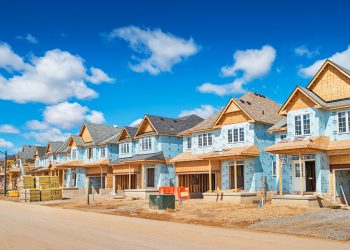Polls suggest that millennials haven’t given up on homebuying altogether, but are simply delaying the decision. Herb Tousley, director of real estate programs at the University of St. Thomas, says that the lack of a job security is a major factor.
“Young people are reluctant to commit to purchasing a home if they think there is a chance that they end up in a different job across town or in another city,” he says.
Research shows that the recession was particularly hard on the millennials, who are more likely to be unemployed than other age groups and are more in debt, but a critical link in the housing recovery. The number of millennial households in their 30s is expected to increase by 2.7 million over the coming decade, boosting demand for new and existing houses. By 2020, millennials will make up at least half the workforce.
“Ultimately, the large millennial population will make their presence felt in the owner-occupied market just as they have already have in the rental market,” says Daniel McCue, research manager for the Joint Center for Housing Studies at Harvard University.
In fact, more than 90 percent of millennial renters say they’ll eventually buy, despite coming of age during the worst housing crisis since the Great Depression.
“Millennials have been shaken, not scarred, by the housing bust. Nearly all of them want to own a home someday,” Kolko says.
Walsh, the 31-year-old first-time buyer, isn’t so convinced that others in his generation will experience such an epiphany and suddenly want to settle down and start building equity.
“We’re just living in the here and now and just spending on anything we want. Everybody just wants what they want, and they want it now,” he says.
©2014 Star Tribune (Minneapolis)
Distributed by MCT Information Services










